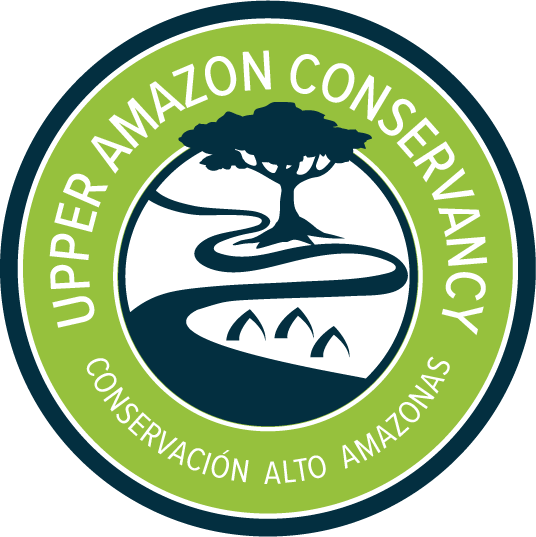NASA Project Studies Impacts of Climate Change on Headwaters
UAC has partnered with the University of Richmond’s geography department to study how climate change, land cover, and land use is impacting the remote forests of the Amazon Headwaters. The primary objective is to better understand the impacts of change on forests in order to help indigenous tribes and other Amazonian peoples adapt to these changing conditions. Funding for the three-year project is provided by NASA and USAID through SERVIR Amazonia, which is coordinating an assessment of ecosystem changes throughout the Amazon Basin.
Over the next three years we hope to gain a better understanding of how climate change impacts the remote indigenous communities with whom we work. Pictured: the upper Yurua River.
According to co-principal investigator and assistant professor of geography at the University of Richmond, Stephanie Spera,“The goals of this research are to understand how forest degradation, deforestation, and road building affect the ecosystem services provided by the water cycle in the Southwestern Amazon and then develop data and tools to improve water management in the region.”
UAC will work with our indigenous partners to gather data in the remote watersheds where we work. Results will be shared and discussed through communal workshops to increase local understanding of how climate change is impacting the forests and resources that these tribes depend on for survival and to develop conservation and resource use strategies that promote a sustainable future.

